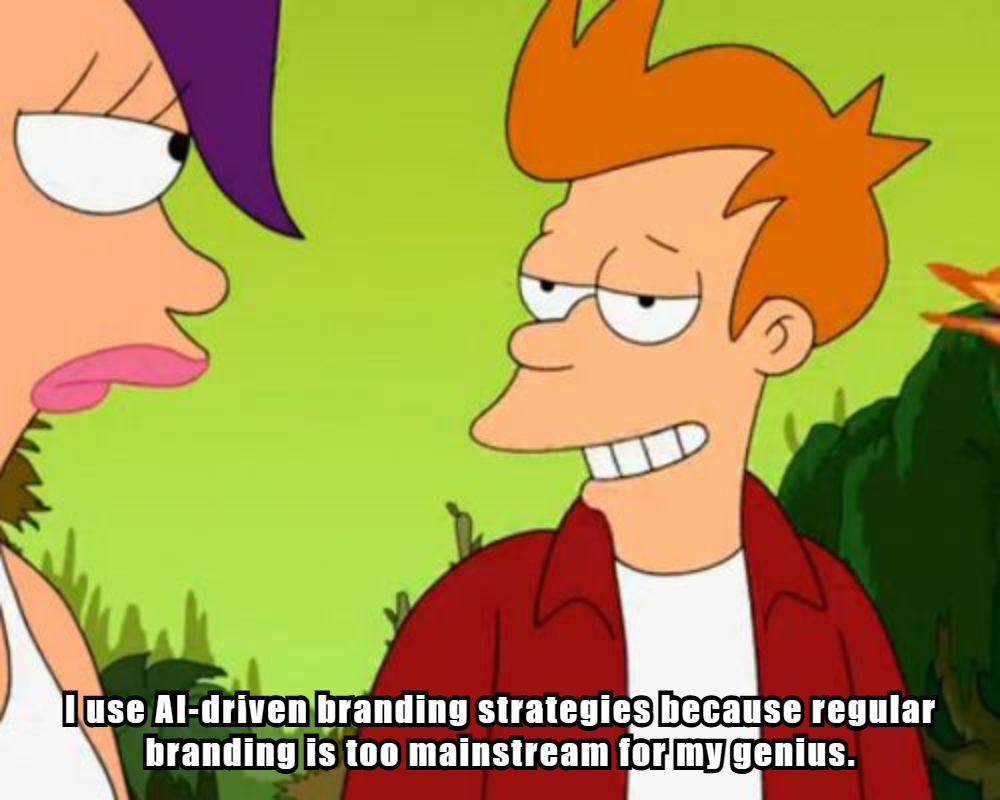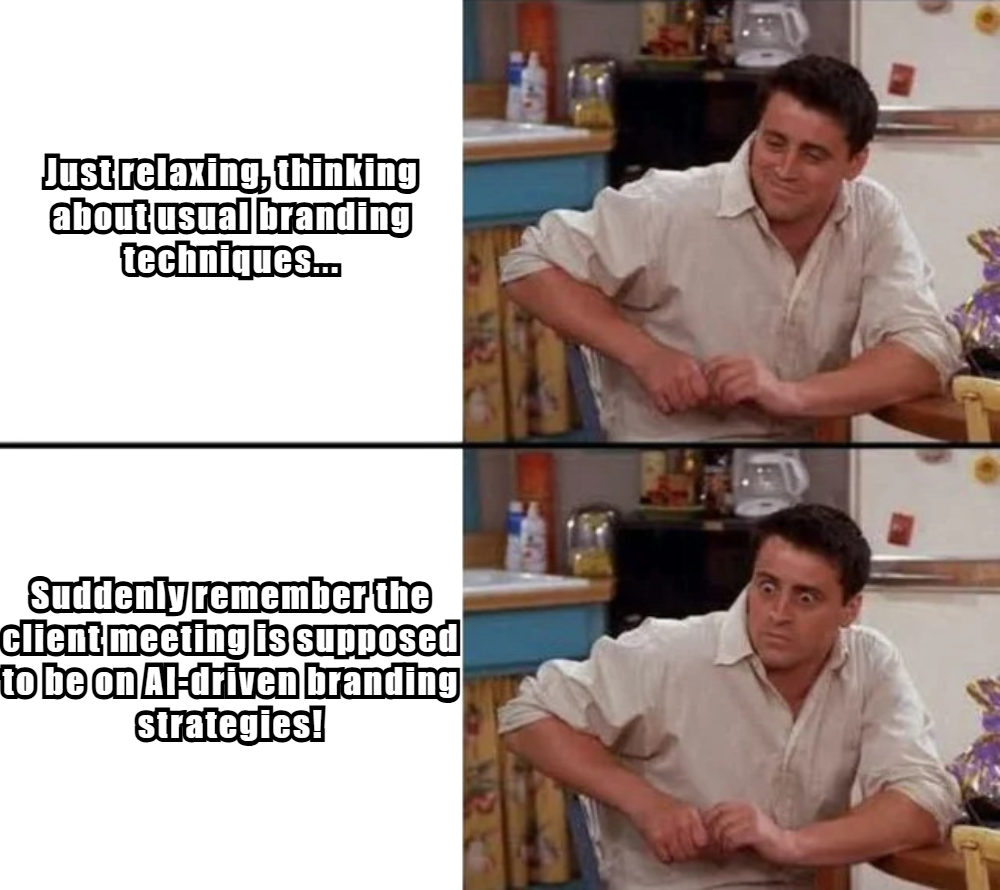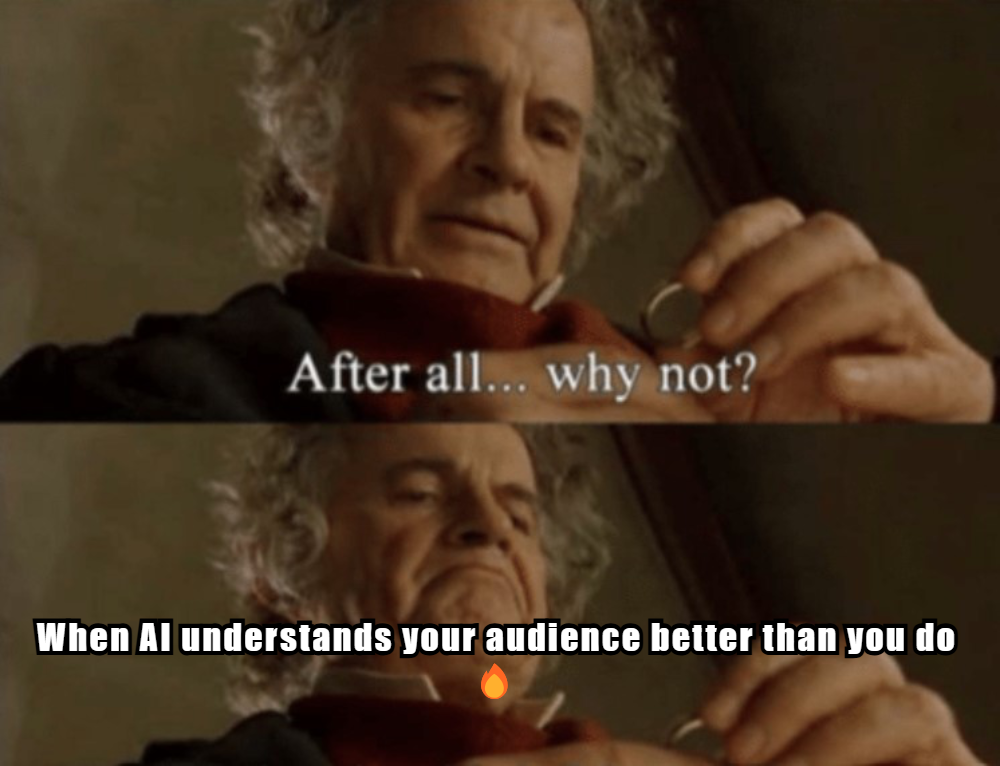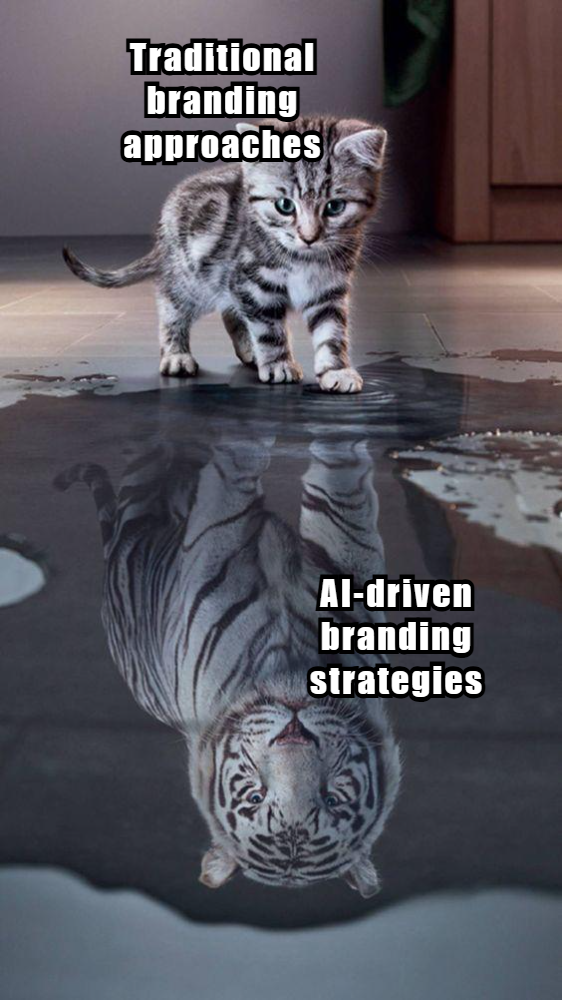In the ever-changing digital world, artificial intelligence has emerged as a game-changer in the branding world. AI branding strategies transform the ways in which companies design, manage, and evolve their brand identities, offering unprecedented levels of personalization, efficiency, and insight. This essay delves into the transformative impact of AI on modern branding practices and its role in reshaping the relationship between brands and consumers.
The AI Revolution in Branding
AI is fundamentally changing the branding landscape through the following new pathways:
- Real-Time analytics of consumer data for big and complex data points
- Extremely personalized customer experience
- Automation and optimization of marketing campaigns
- Massive-scale creative content generation
- Predictive abilities in terms of consumer behavior and trends
These are not just augmenting existing branding strategies; they are creating entirely new ways of how brands connect with their audiences.

Data-Driven Brand Strategies
AI-driven branding is at the center of using the power of data. It gathers and analyzes vast datasets through its algorithms, extracting actionable insights on customer preferences, behavior, and trends. The effect of this data-led approach opens avenues for brands to do the following:
- Craft more targeted and resonant brand messages
- Identify emerging market opportunities
- Optimize brand positioning in real-time
For instance, data-driven marketing has become indispensable for marketing leaders to succeed in today’s competitive global economy by 64% of marketing executives. This has evolved into a new level for brands towards data-driven strategies that allow them to make smarter decisions and develop campaigns that work better.
Personalization at Scale
Another significant effect of AI in branding is the personalized experience at scale. AI allows brands to do the following:
- Tailor content and recommendations to individual preferences
- Personalized brand experiences that update dynamically as user behavior evolves
- Contextual communications with multichannel reach
This degree of personalization is translating into substantial benefits for customer engagement. Data-driven personalization approaches have seen a surge of 74%.

Case: Netflix
The recommendation by Netflix is a true example of AI-based personalization. Given the pattern of user viewing and preference, Netflix personalizes its experience for every subscriber, sending engagement and brand loyalty through the roof.
AI-based Content Generation
AI is revolutionizing the content creation process – allowing for brands to create quality, relevant content at high volumes in ways they never could before. This involves:
- Creating content on paper using NLP models
- Creating visual assets using AI-driven design tools
- Optimization on search engines and social media outlets
By 2026, more than 80% of companies will have leveraged Generative AI APIs or deployed Generative AI-native applications, with AI fast becoming an integral part of content creation strategies.

Case Study: Nutella Unica
Nutella’s “Nutella Unica” campaign is one of the best examples of creative potential with AI in branding. The company used AI in the design of 7 million unique jar labels, giving consumers experience a personal experience while keeping the brand recognition. This approach led all the jars created by AI to be sold out within a month of launching.
Enhancing Customer Engagement
AI is changing the ways how brands interact with their customers, helping to have more meaningful and efficient engagements. Key areas of impact are:
- Chatbots and virtual assistants: Giving 24/7 customer support and personalized interactions
- Predictive analytics: Predicting customer needs and preferences
- Social media management: Optimization of its content and engagement strategy across a platform
By 2025, it’s estimated that 80% of customer service organizations will be using generative AI technology to enhance the productivity of agents and experience of customers.

AI in Social Media and Influencer Marketing
Brand visibility and engagement, therefore, have become battlegrounds on social media nowadays. AI is increasingly found important in social media marketing strategies as it:
- Analyses trends and user behavior in order to come up with the best content strategies
- Identifies most relevant influencers to partner with brands
- Automates content scheduling and distribution
Artificial intelligence in the social media market will be worth $12 billion by 2031, up from $992.7 million in 2021; this growth signifies the growing role of AI in social media.

Case Study: Virgin Voyages’ “Jen AI”
Virgin Voyages’ “Jen AI” campaign is a great example of how AI can be leveraged for creative breakthroughs in social media marketing. The brand created an AI-generated version of Jennifer Lopez and sparked an engagement program around it, using fun and interactivity to drive customers to create custom trip invitations using the AI tool.
Brand Consistency
AI technologies help maintain brand consistency across all channels and touchpoints by analyzing large datasets of brand communications.
- Adhere to the brand guidelines in creating content
- Correct the incongruence that might exist in the messaging of brands
- Transform the voice of the brand into the respective channels while retaining the core identity
This consistency is what will create strong brand recognition and trust with the consumers
Ethical Considerations and Challenges
AI provides a tremendous opportunity for branding; however, it throws up new challenges and ethical considerations,
- Data privacy: proper use of consumer data
- Transparency: authenticity of the AI-related creations or communications.
- Bias: Dealing with various biases in the AI algorithms that would affect the brand perception
- Human creativity: Finding a balance between AI efficiency and human creative input
Brands must maintain consumer trust and integrity while dealing with these challenges.

Future of AI in Branding
As AI technology advances, branding is sure to get even more innovative applications.
- Hyper-personalized brand experiences: AI will allow brands to develop more personalized experiences for individual consumers.
- Predictive brand strategy: Advanced AI models will predict with more accuracy the trends in the market as well as consumer preferences.
- AI-human collaboration: We will see much more sophisticated collaboration between AI systems and human creatives in brand development.
- Emotional AI: Advancements in emotional recognition technology will make it easier for brands to respond appropriately to consumer sentiments.
- This involves augmented and virtual reality branding: AI will be used here to create immersive experiences of the brand in AR and VR.

Conclusion
AI-enabled branding strategies are fundamentally changing how modern brands operate, communicate, and evolve. Brands are now able to build more engaging, relevant, and effective brand experiences by harnessing data, personalization, and automation with an ability to rise in this highly competitive landscape with a blend of technological innovation and human creativity, further combining that with ethical practices.
As we look into the future, it is clear that AI will play an increasingly central role in brand strategies. Those brands that can successfully integrate AI with authenticity and human connection will fare best in this new era of marketing.
FAQs
How is AI changing the management and identity of a brand?
AI is remodeling the character of brand management through data analytics that can allow for more focused marketing and provide tools for the dynamic and interactive construction of brand experiences.
What are some best practices for leveraging AI within marketing strategies?
Begin with defined purposes, incrementally integrate AI into established practices, and emphasize activities such as content development, social media scheduling, and email marketing automation6.
Will small teams be able to leverage AI to support their marketing efforts?
That is, small teams can utilize AI-powered tools in automating tasks such as the management of social media scheduling, email marketing, and content creations.

